Blockchain is a hot topic in the tech industry. The last few years have seen a huge surge in interest in the technology, especially for data storage. But how does it work, and why is it such a good option for data storage?
How Blockchain Works
Each transaction in a blockchain network is added to the transaction that came before it. Data is split into multiple pieces, or sharded, and then it is duplicated and encrypted. It is then distributed across the network. All exchanges are recorded in a public ledger as they are added to the blockchain. This way, data is secure and every transaction is verifiable.
Why It’s So Good for Data Storage
Here are three reasons why blockchain is so beneficial in data storage.
Harder for Hackers to Access
Data is decentralized, spread out across all of the nodes in the network. In order for a hacker to access information, they would have to find and decrypt all of the nodes on the network. Even after that, they would still have to piece the data together. While it is not impossible for blockchain networks to be hacked, they are much more difficult to get into than traditional systems.
Lowers Network Expenses
A blockchain network is cheaper than maintaining on-site servers or using a cloud service. On-site servers require maintenance and management, and most cloud systems are provided by companies that charge a monthly payment.
Blockchain, on the other hand, does not require the maintenance of giant server farms, like cloud systems, or the hassle of on-site management. Additionally, most blockchain offerings on the market right now charge ten times less per terabyte than cloud service providers.
Removes the Middleman
Blockchain is very popular in the financial tech industry. With its secure and verifiable transactions, users no longer have to rely on third-parties when exchanging or moving money. Everyone can see and verify everything themselves, removing the need for middlemen.
In other industries, the use of smart contracts through blockchain systems has become increasingly popular. Smart contracts can automate certain transactions and exchanges, easing the verification of contract requirements.
Final Thoughts
Blockchain has a lot of potential as a data storage technology. However, it is not quite ready for large-scale adoption. Blockchain has its drawbacks, but as the technology evolves, it will become much easier for everyone to take advantage of its benefits.


